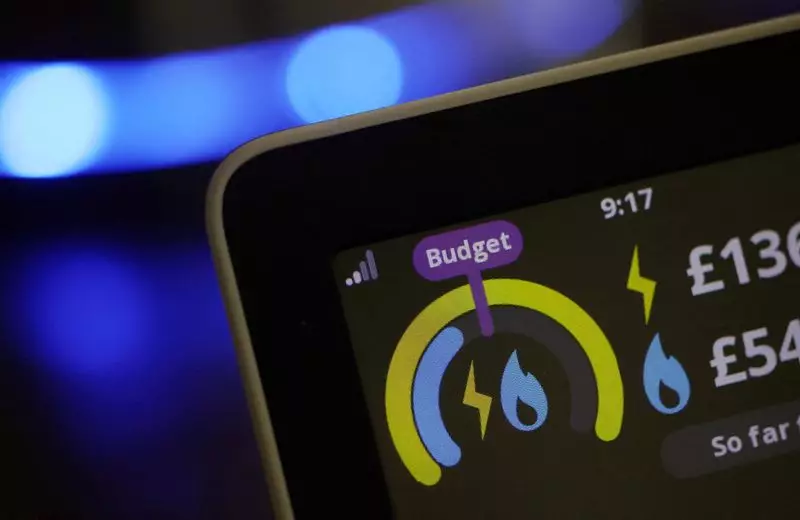Iberdrola, the Spanish utility giant, is reportedly planning to divest its smart metering business in the United Kingdom, aiming to capitalize on the burgeoning interest from investors in this sector. The potential sale, estimated to fetch approximately £1 billion ($1.27 billion), signals a strategic pivot as the company seeks to bolster its investment in the British energy landscape. This article explores the motivations behind this decision, the implications for Iberdrola, and the broader market context.
The timing of Iberdrola’s move is crucial. Following its announcement of a substantial £24 billion investment plan for its British subsidiary, Scottish Power, up until 2028, the divestment of the smart metering business appears to be a method of financing this ambitious plan. By focusing two-thirds of this investment on power transmission and distribution networks, Iberdrola is strategically aligning itself with the rising demand for sustainable energy solutions while ensuring that it has the capital to expand and enhance its grid infrastructure. The sale process, although still in its infancy with no guarantees made, indicates a willingness to adapt to evolving market dynamics.
The growing investor appetite for smart metering technologies cannot be overlooked. With approximately 37 million smart and advanced meters installed across Great Britain, the sector is witnessing a surge in adoption as consumers and suppliers seek to optimize energy consumption and achieve cost savings. The recent acquisition of smart metering provider Calisen by private equity firm EQT and Singapore’s GIC exemplifies the escalating interest in this technology. Such trends suggest that Iberdrola’s divestiture could attract significant attention, especially from infrastructure funds looking for reliable long-term returns in a sector increasingly recognized for its importance in the transition to a greener energy future.
Amidst rising interest rates and the pressures of financing within the renewable energy sector, Iberdrola’s focus on upgrading power grids—like Electricity North West, a recent acquisition valued at around €5 billion—underscores its strategic imperative. Reliable grid systems provide a buffer against the volatility faced by renewable companies amid economic pressures, facilitating stable financial returns during uncertain economic times. As Iberdrola deepens its commitment to refining these essential infrastructures, the sale of its smart metering business may not just be a financial maneuver, but a proactive step toward ensuring the company’s competitive positioning.
Iberdrola’s consideration to sell its smart metering division marks a significant chapter in its broader strategy surrounding investments in the UK energy market. The move epitomizes a calculated response to increasing market demand and the necessity for sustainable growth in the face of financial pressures across the renewable sector. As the process unfolds, stakeholders will be keenly interested in how Iberdrola leverages the proceeds from this potential sale to solidify its presence and impact in the rapidly evolving energy landscape, ensuring it remains at the forefront of sustainable energy solutions.

